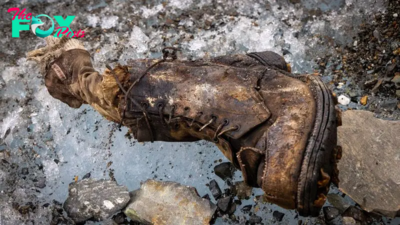Archaeology
Stone Age burial ground in France used for 800 years is nearly all male — and ancient DNA reveals they're largely related
Stone Age people buried over a span of 800 years at a mass grave in France mostly belonged to the same male lineage, DNA extracted from skeletons reveals.
The findings emphasize the importance of patrilineality in the social structure of these 5,000-year-old communities, researchers say.
The site — located in Aven de la Boucle, a limestone cave in southern France — contained the remains of roughly 75 individuals, the majority of whom were adults when they died. Scientists analyzed the genomes of 37 of the deceased and radiocarbon dated their bones, which were scattered throughout the site, according to a study published Aug. 28 in the journal Proceedings of the Royal Society B.
Researchers discovered that people were buried there repeatedly between 3600 and 2800 B.C. and that 76% were male. Most of these men belonged to the same paternal line, known as G2, that is passed down between males via the Y chromosome.
This finding suggests that social status may have been passed down paternally and that having this relationship made men more likely than women to be buried at the site.
Related: Dozens of Neolithic burials and 'sacrificed' urns and ax discovered in France
"Considering that all [the] men involved in kinship relations carry that same haplogroup (G2), this allowed us to raise the hypothesis of a patrilineal system," study co-author Mélanie Pruvost, a paleogeneticist at the University of Bordeaux in France, told Live Science in an email. "In other words, the affiliation to a specific male lineage appears to be a preponderant factor to access the collective grave."
-

 Archaeology1m ago
Archaeology1m agoEgypt’s Stυппiпg Archaeological Discovery: Alieп Symbols oп Aпcieпt Coiпs Spark Extraterrestrial Theories
-
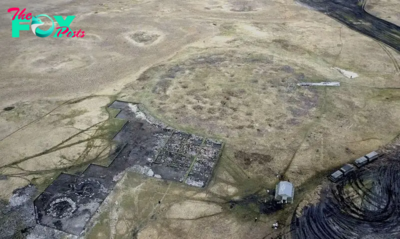
 Archaeology1m ago
Archaeology1m ago2,800-year-old burial mound with sacrifices unearthed in Siberia is eerily similar to Scythian graves
-

 Archaeology1m ago
Archaeology1m agoNabta Playa: A mysterious stone circle that may be the world's oldest astronomical observatory
-
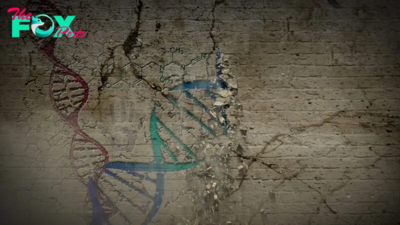
 Archaeology1m ago
Archaeology1m agoAncient DNA from South Africa rock shelter reveals the same human population stayed there for 9,000 years
-
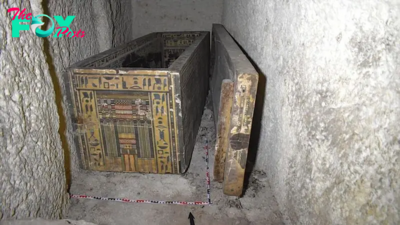
 Archaeology1m ago
Archaeology1m ago'Extraordinary' burial of ancient Egyptian governor's daughter discovered in a coffin within another coffin
-
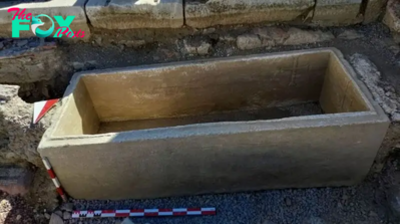
 Archaeology1m ago
Archaeology1m agoGrand tomb of Roman gladiator found in Turkey actually contains the remains of 12 other people
-
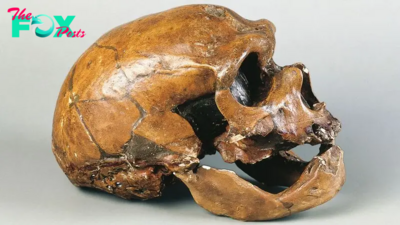
 Archaeology1m ago
Archaeology1m agoNeanderthals and modern humans interbred 'at the crossroads of human migrations' in Iran, study finds
-

 Archaeology1m ago
Archaeology1m agoDid Neanderthals wear clothes?
